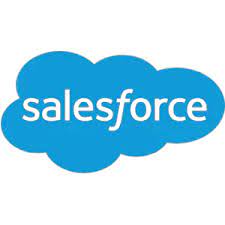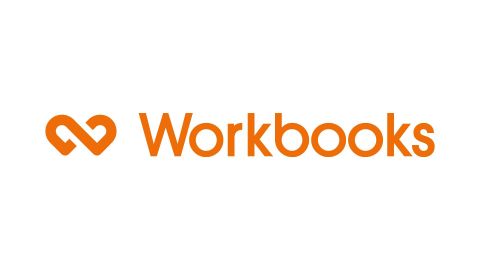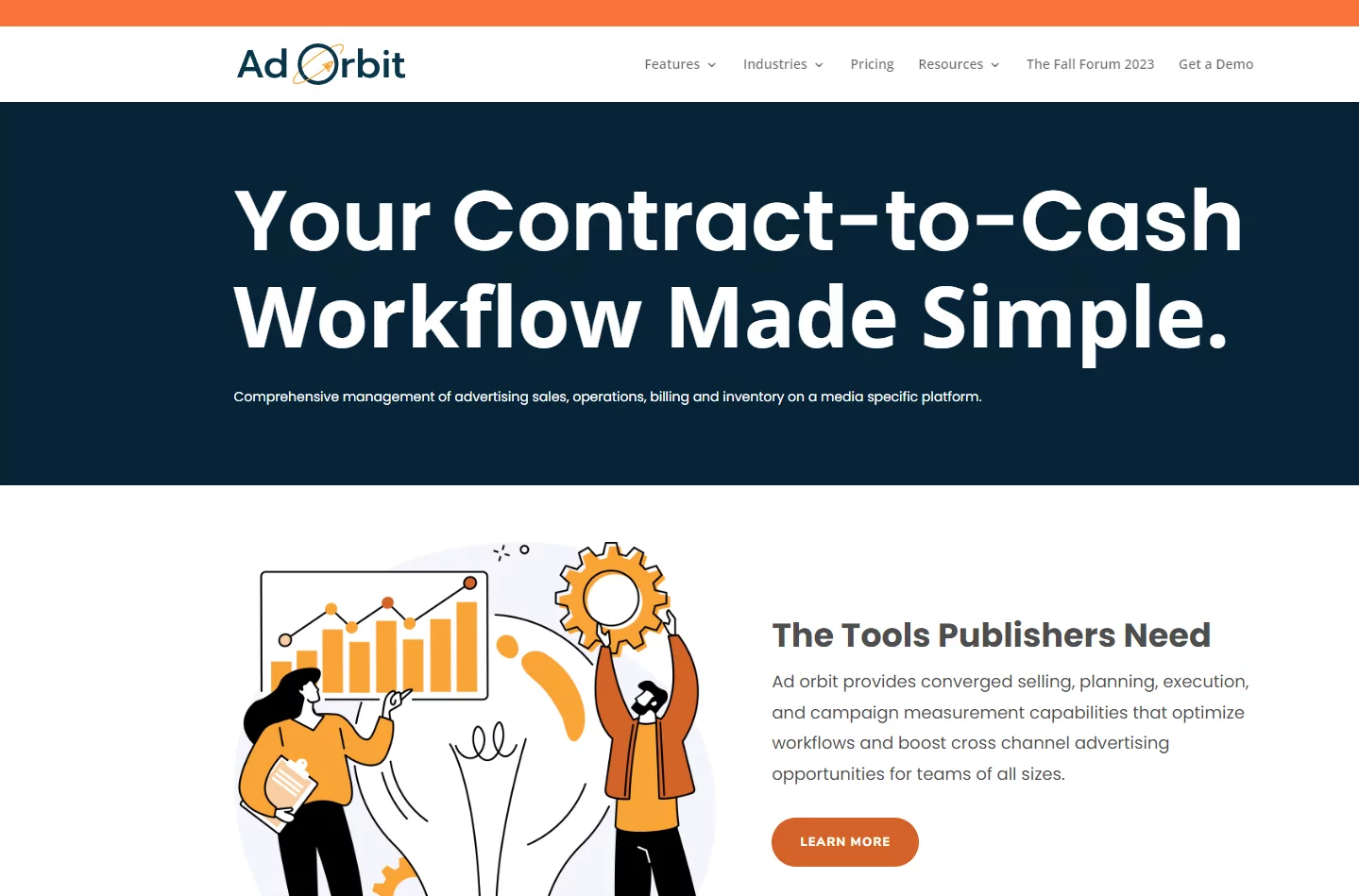Digital publishers are in a fight for survival, striving to capture audience share from established rivals while fending off challenges from new entrants. It’s more important than ever before that publishers cultivate their audience relationships if they hope to drive revenue and maximize engagement.
Audience churn is a real problem for publishers, with some research finding that the media and publishing industry’s average customer retention rate is just 25%. Little wonder then that more and more publishers are turning to customer relationship management (CRM) systems to help build and keep their audience.
CRM platforms have emerged as powerful tools that enable publishers to streamline their operations, enhance communication and improve customer satisfaction. There are a number of different platforms available on the market, but not all of them are created equal.
Read to find out more about what we think are the top five CRM platforms for online publishers in 2024.
What Is CRM?
Customer relationship management (CRM) is the practice of collecting and interpreting customer data to build personalized marketing or sales campaigns and strengthen relationships between a brand/publisher and its customers/audience.
CRM systems are tools — cloud-based on on-premise — that assist brands in managing their relationships with customers.
When implemented correctly, CRM software collects data from all the company’s marketing channels and business automation tools, such as web analytic tools, social media channels, online form builders, survey tools, etc. Media publishers can later analyze the processed and organized data and use it to launch new campaigns, optimize their site content and more.
Why Do Publishers Need CRM Systems?
Digital publishers need CRM systems to effectively manage their relationships with advertisers, subscribers and other stakeholders.
Publishers manage a vast amount of customer data, including subscriptions, ad placements and audience demographics. By using a CRM platform, publishers can effectively track customer behaviors, tailor their content offerings, and create targeted advertising campaigns.
It’s no secret that publishers monetize their content in different ways, including:
- Selling exclusive content, such as ebooks, video tutorials, etc.
- Leveraging subscription/membership models
- Selling ad inventory
- Inserting affiliate links into content
- Publishing sponsored articles
Whatever the monetization model, an excellent understanding of the target audience is essential to running profitably. Publishing content that appeals to the target audience can be beneficial in encouraging them to pay for a subscription, click on partners’ ads, purchase affiliate products, or engage in any desired action.
Compiling and analyzing audience data without a centralized solution would take a lot of manual effort if publishers didn’t use CRM systems. More specifically, the software allows users to:
- See all website performance data in one dashboard
- Keep track of all the user interactions with the website, affiliate links, social media content and email campaigns
- Run lead generation campaigns
- Launch personalized email campaigns
- Run audience surveys and analyze the results
- Manage campaigns and events
- Manage subscriptions and memberships
- Create detailed audience profiles
- Identify drops in engagement and see the reasons that have led to the issue
- Streamline ad sales and manage partnerships
- Provide clear and detailed audience reports to advertisers interested in ad space
- Report on the results of PR campaigns and sponsored articles for partners
In other words, implementing a CRM solution is a way to save time, build lasting relationships with partners, grow the audience without much effort, and, most importantly, boost profits.
How to Choose a CRM Platform
When choosing a CRM platform, publishers should consider the following factors:
- Scalability and flexibility: Evaluate if the CRM platform can accommodate the growth and evolving needs of the business.
- User-friendly interface: Ensure the CRM platform is intuitive and easy to navigate for all users.
- Integration capabilities: Assess the CRM’s ability to integrate with existing tools such as email clients, marketing automation software and productivity apps.
- Analytics and reporting: Check if the CRM platform provides sales teams with robust analytics and reporting features to help track key metrics, measure performance and gain insights for informed decision-making.
- Customization and automation: Look for features such as customizable workflows, automation of repetitive tasks, and personalized customer experiences.
- Security and data privacy: Ensure the CRM platform prioritizes data security and offers necessary compliance measures. Look for features such as data encryption, user access controls and compliance with data protection regulations.
- Training and support: Evaluate the available training resources, documentation and customer support that the CRM provider offers.
- Cost: Consider the CRM platform’s pricing model, including upfront costs, monthly fees and any additional charges for add-ons or user licenses.
 Edited by Andrew Kemp
Edited by Andrew Kemp 


















